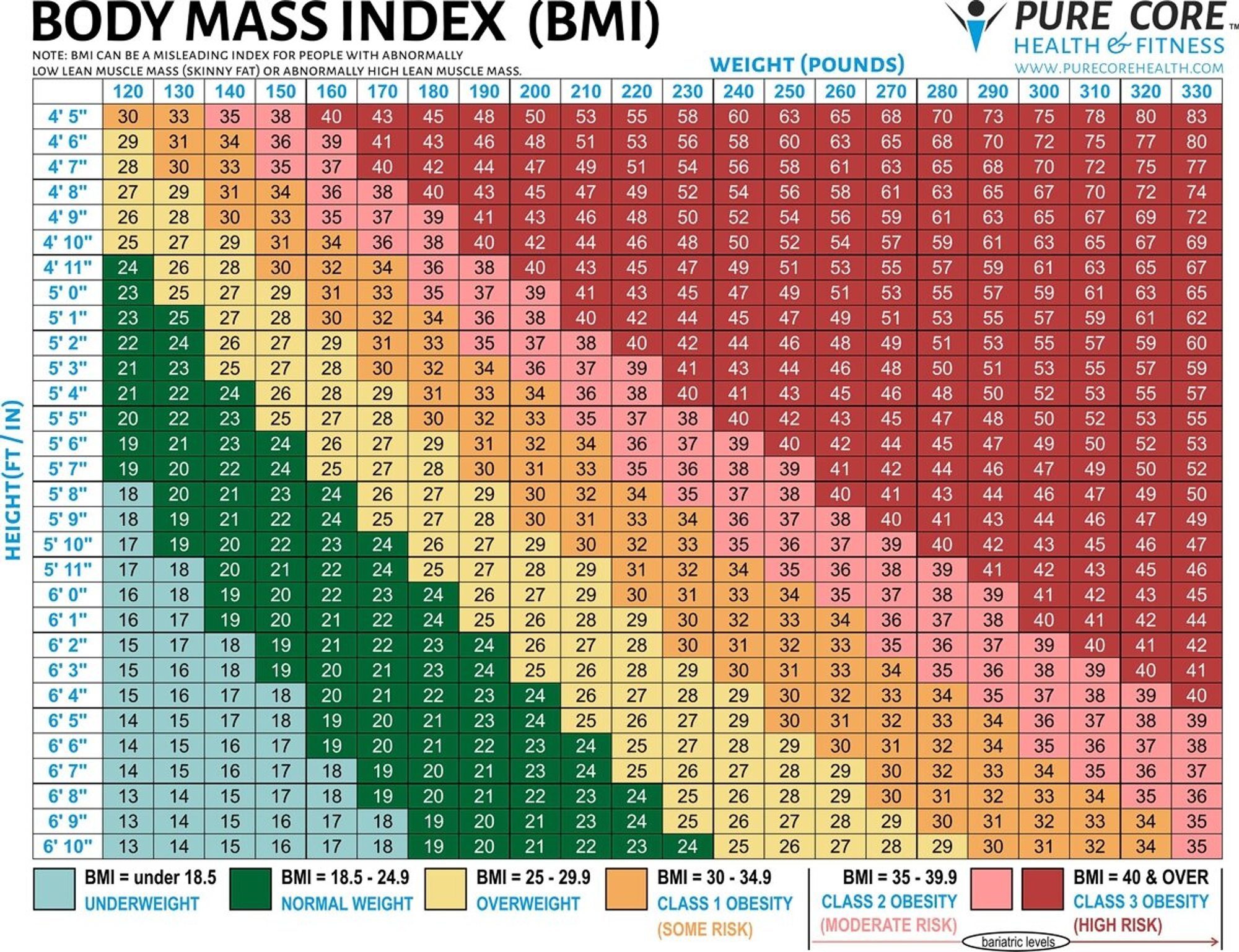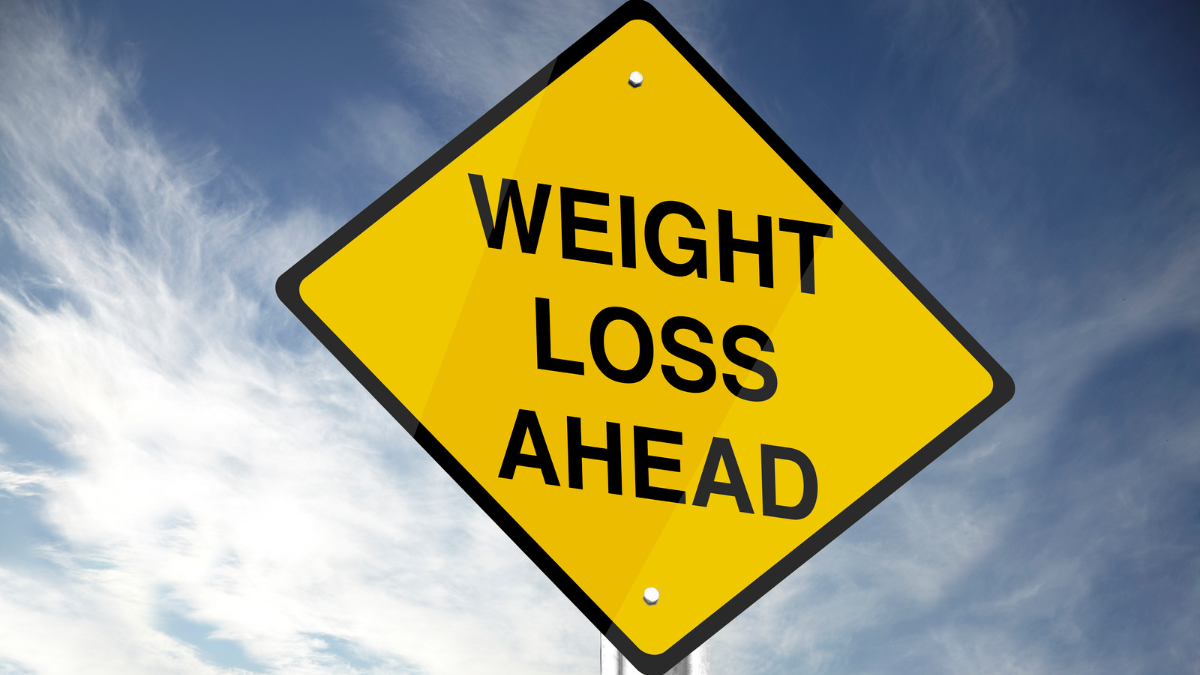The questions we answer in this article:
- Do I really need to lose weight?
- Scientifically speaking about extra weight
- How to define your goal?
- The first steps of the long journey

1. So, you are determined to lose weight. We are here to support you, so let this path be healthy and reasonable. What to start with?

First, verify the assumption that you actually need to lose weight. If you don’t like how you look in the mirror, or you don’t like the number on your scale, it doesn’t necessarily mean that weight loss should be your goal. This can easily be your subjective opinion. So we recommend backing it with some science.
2. The easiest way is to calculate your BMI. The formula is simple:

If the value you get is within the range of 19 to 24 – it’s great! If it is from 25 to 34, then this article should definitely give you some hints. But if your BMI is above 35, we definitely recommend consulting with your physician before any further activities.
This table will help you determine your BMI:

Important note: if your height is significantly lower than the average, BMI results will most likely be inaccurate for you, and it’s better to use some other type of assessment. BMI will also not work for people with developed muscular mass.
OK, so you want to change something in the way you look, and your BMI is in the yellow or orange zone. Shall we start? Not that fast!
Even if you feel great, you should consider consulting with a physician and taking a blood test, which includes hormones. An endocrinologist and an gastroenterologist will be able to tell you which weight loss options are more suitable for you, and which are less. Don’t neglect medical knowledge!
3. Our next step is to define the goal.

The BMI table will help you with this again. Find your height and stretch a horizontal line to the green area. Found? Now, look at the top to see what weight these green squares correspond with.
For example, for a height of 5 feet 7 inches, the green area ranges from 120 to 149 pounds. You don't have to become 120 pounds. The “healthy corridor” is wide enough, and to get there from the orange zone means a well-coordinated work of the body and mind for more than one week.
So, we received scientifically backed confirmation that there is a reason to lose weight, and we set a goal. Can we start? Yes, but not too fast. The next stage is still preparatory.
We are sure that it was not the case that one morning you woke up and found yourself with a dozen or two extra pounds. They accumulated unnoticeably, day after day, week after week. Right now, you are probably enthusiastic about getting rid of them. However, there is a limit to the pace with which you can do this without harm to your body. You should not take off with a sprint: an unprepared athlete will leave the race long before the finish line.
4. It's no secret that the key to successful weight loss is to create an energy deficit.

A huge number of diets and training programs are built on this. A coach, before starting to train a beginner, first finds out his current limits. So you will have to spend the first time observing your abilities and habits.
Don’t rush to limit yourself on calories or work out 5-7 days a week. At first try daily counting the calories of everything you ate without changing your habits. There are many applications that can help you with this. This task is not as easy as it seems. Most people don't write down every little thing.
You need to write down everything you eat. And, secondly, as you have already decided to lose weight, you are probably thinking about the dietary restrictions. However for just one more week you need to withhold from those. One week will not fundamentally change the situation. Start counting and writing down calories, and in a short time we'll meet here!
Have a great start!
Get AURA Strap 2Visit our socials for more info about AURA Devices:
Instagram
Discord
Twitter
Facebook
LinkedIn
Youtube


